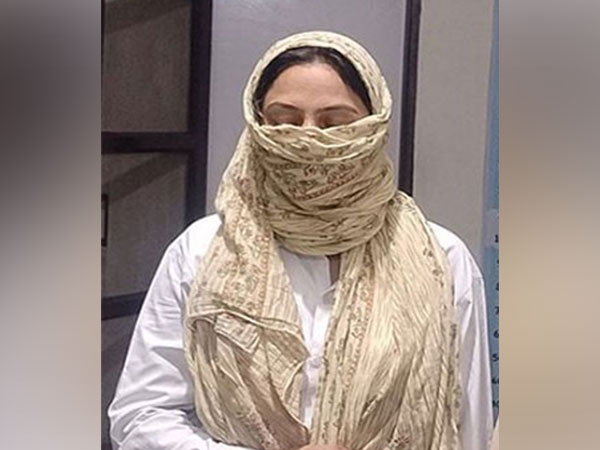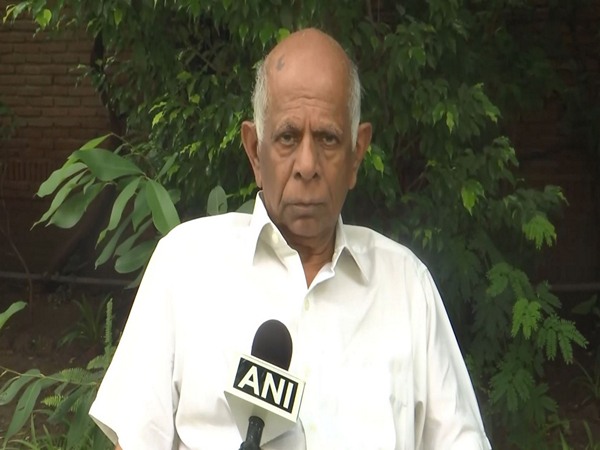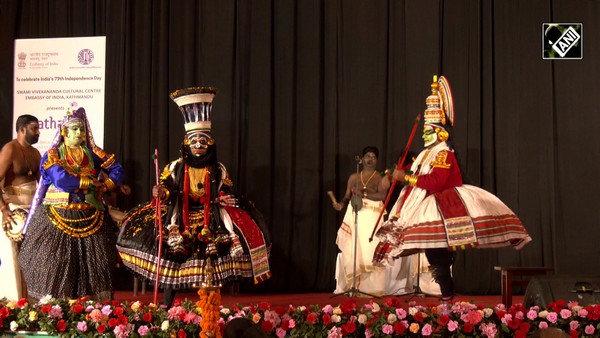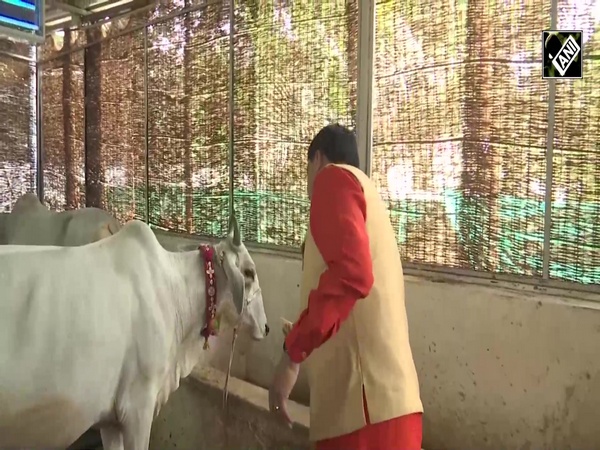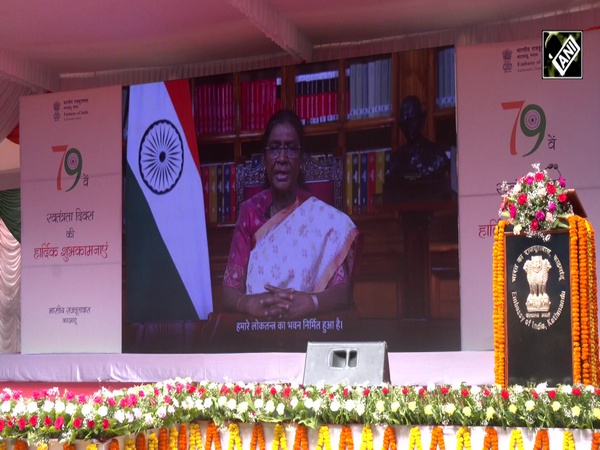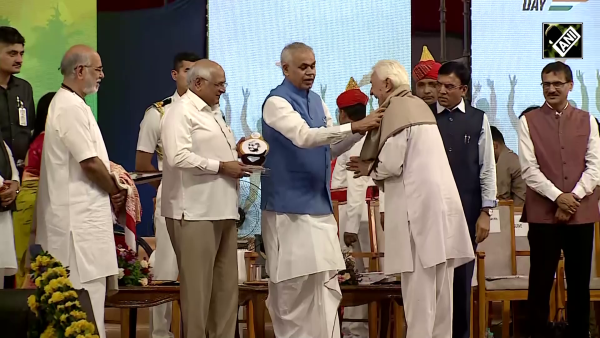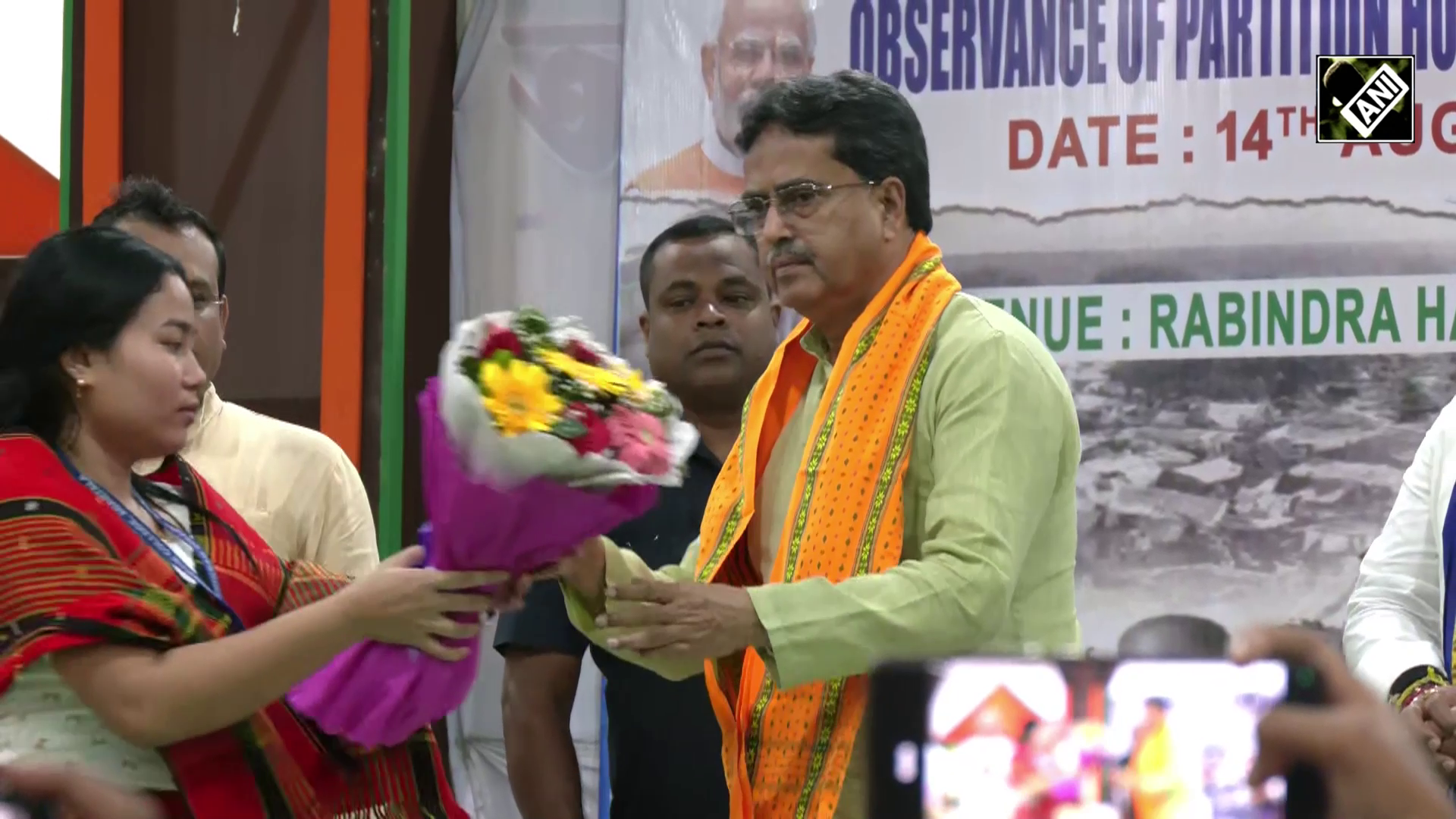Chief Secretary refuses to obey orders of elected govt: Delhi Minister Atishi on GNCTD Bill 2023
Aug 24, 2023

New Delhi [India], August 24 : Delhi Cabinet Minister Atishi on Thursday raised alarm over the refusal of Chief Secretary Naresh Kumar to comply with orders aimed at improving coordination between the National Capital Civil Services Authority (NCCSA) and various departments of the Delhi government, read an official statement.
At a press conference, Atishi shared that the Chief Secretary has outrightly refused to accept the order issued for better coordination between the National Capital Civil Services Authority and the departments of the Delhi Government, by giving the reference of the GNCTD (Amendment) Bill 2023, in a 10-page letter.
She said, “The letter written by the Chief Secretary Naresh Kumar depicts that now an unelected bureaucracy and LG will decide how Delhi will run and how the works of the people will be done here. This letter from the Chief Secretary is a big blow to democracy. This attitude of bureaucracy and power given to them through the GNCTD (Amendment) Bill will further delay the works of the Delhi people.”
The Services Minister further said that India got the Constitution on January 26, 1950. This Constitution stated that India is a democratic country and power to make decisions lies in the hands of the people of India. The people of India will vote and elect their representatives. The elected representatives will then work for the public, and the public will decide whether their work is satisfactory or not. That’s why every five years, elections are conducted in India so that people can elect their representatives.
However, going against the Constitution and principles of democracy, the central government brought the GNCTD (Amendment) Bill 2023, which was notified on August 11, 2023. This bill says that the power to make decisions in Delhi will remain with the unelected bureaucracy and Lieutenant Governor instead of the people of Delhi or the elected government.
She added that Section 45(J)5 of this act says that the bureaucracy has the right to not accept the decision of the Minister. It says that the Chief Secretary can refuse to accept and execute the orders of Ministers if they want. This section of GNCTD (Amendment) Bill 2023 is a massive blow to democracy, she added further.
The Services Minister explained, “The result of this Bill was seen by us on August 21 itself, just after the 10 days of notification of the bill. Chief Secretary Naresh Kumar, in a 10-page letter to the Minister, refused to accept an order issued by the latter. As a Services and Vigilance Minister, I gave an order to the Chief Secretary, Secretary (Services), and Secretary (Vigilance) on August 16 for better coordination of NCCSA and departments of the Delhi government, but in a 10-page letter addressed to me, the Chief Secretary mentioned the GNCTD (Amendment) Bill and stated that the elected government does not have the power to decide; the Chief Secretary does.”
She added that the Indian Constitution gave power to the public of India and Delhi; they would elect their representatives and send them to the Legislative Assembly. Thereafter, the elected government will choose some of the representatives as Ministers who will then form the Cabinet. These ministers will have the power to make policies, schemes, and decisions for the public. This is known as the triple chain of accountability. Officers will report to the Ministers, Ministers will report to the Legislative Assembly, and the elected MLAs sitting in the assembly will report to the public.
But when officers refuse to accept the decision of the elected government and its Ministers, then accountability is finished in the democracy. For this triple chain of accountability, the constitutional bench of the Supreme Court had given clear instructions.
She cited a unanimous order from the Supreme Court's constitutional bench, which stressed the necessity of civil service officers' accountability to elected Ministers, who in turn are accountable to legislative bodies, which ultimately answer to the electorate.
Atishi further said, “The rejection of orders of the Services Minister by the Chief Secretary is just the beginning of what the bench has stated in paragraph 107. There are several projects of the government in the education, health, power, and transport sectors that have benefited the people of Delhi. But given the mention in the GNCTD (Amendment) Bill 2023, tomorrow all secretaries can or may refuse to accept the orders of the Ministers by writing long letters. If bureaucrats refuse to accept the orders of the Ministers or elected government, then the democracy of this country will be shredded into pieces.”
She further stated that, in Delhi as well as in the country, the power to make decisions lies only with the people of Delhi and the country, respectively. They have the right to elect based on the works of the government. Bureaucracy or an unelected LG does not have this power.
The orders issued by Services and the Vigilance Minister Atishi were regarding the National Capital Civil Services Authority (NCCSA).
She said, “Despite agreeing that this bill is unconstitutional and challenging it in the Supreme Court, we agreed to hold the meetings of the authority. Because this bill is now a law of the country and the works of the people of Delhi must not stop now. I had issued orders on August 16, and on August 21, the Chief Secretary refused to accept the orders. This means that today an unelected bureaucracy is deciding in Delhi how this city will run. This will now impact the works of the people of Delhi and will bring them to a halt. We tried creating a coordination mechanism for NCCSA, but the Chief Secretary has refused to accept it.”

